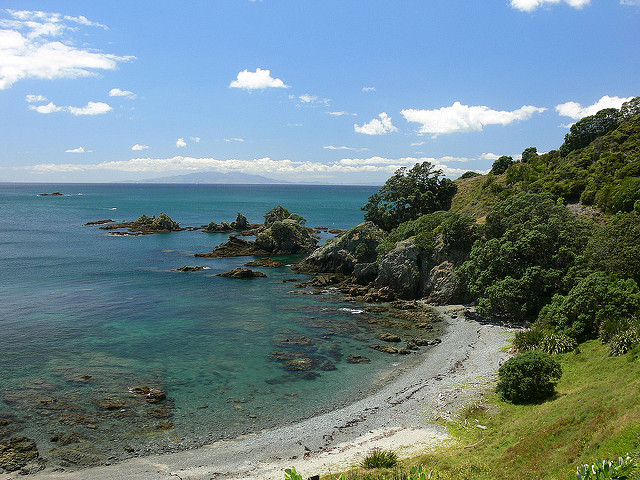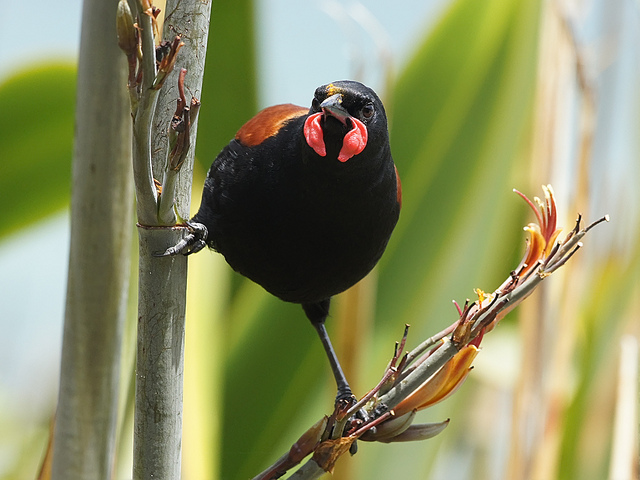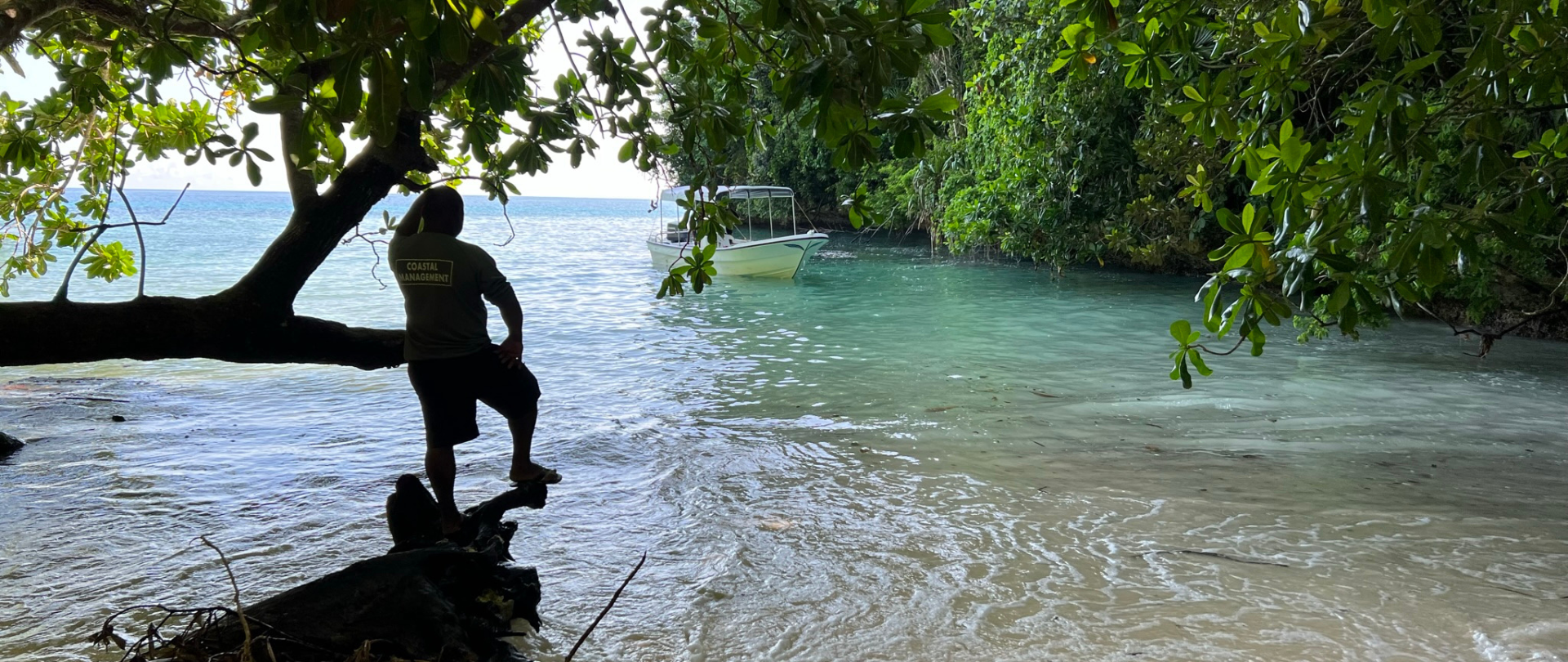October 29, 2025
Data Shows Endangered Palau Ground Doves Swiftly Recovering After Successful Palauan Island Conservation Effort
Astounding evidence of recovery on Ulong Island in Palau after just one year!
Published on
June 24, 2016
Written by
Sara
Photo credit
Sara

The New Zealand Department of Conservation has successfully eradicated invasive ants from Tiritiri Matanga Island, New Zealand.
If ants have ever invaded your home, you know what a nuisance they can be–it can be very difficult to completely get rid of these persistent pests. Now imagine trying to eradicate ants from an entire island. Sound impossible? It’s not.

Conservationists from the New Zealand Department of Conservation have spent several years implementing a plan to eradicate invasive Argentine ants from Tiritiri Island. Invasive insect eradication is not common, but its benefits are undeniable. The removal of ants from Tiritiri makes the island a much safer place for seabirds. Though tiny and seemingly harmless, ants can significantly alter ecosystems they invade.
This is important as invasive ants can have severe impacts on ecosystems, attacking species many times their size, such as seabirds in Hawaii.
Tiritiri Island has been free of Argentine ants for three years. This project marks an exciting success in the developing arena of insect eradication. Successful eradication projects are extremely encouraging, especially when the protected ecosystem displays signs of recovery. The successful removal of ants from Tiritiri is a cause for celebration, and is yet another confirmation that invasive species removal projects benefit native species.
 Saddleback, a bird endemic to Tiritiri Matangi Island. By David Cook
Saddleback, a bird endemic to Tiritiri Matangi Island. By David CookNext time ants invade your home, just remember that if people can rid an entire island of ants, then you can at least get the irritating insects out of your kitchen.
Feature photo: Tiritiri Matanga Island. Adapted to include text. Photo by Claire Gribbin
Read the original article by James Russell at National Geographic
Check out other journal entries we think you might be interested in.

October 29, 2025
Astounding evidence of recovery on Ulong Island in Palau after just one year!

May 19, 2025
Read our position paper on The 3rd United Nations Ocean Conference (UNOC 3) to see why we're attending and what we aim to accomplish!

December 4, 2024
Ann Singeo, founder of our partner organization the Ebiil Society, shares her vision for a thriving Palau and a flourishing world of indigenous science!

November 22, 2024
This historic agreement aims to protect the marine and coastal areas of the Southeast Pacific.

November 18, 2024
Our projects to restore key islets in Nukufetau Atoll forecast climate resilience and community benefits in Tuvalu!

October 3, 2024
Island Conservation and partners have published a new paper quantifying ecosystem resilience on restored islands!

September 10, 2024
Climate Week NYC: what is it and why is it important? Read on to find out why Island Conservation is attending this amazing event!

September 5, 2024
With sea levels on the rise, how are the coastlines of islands transforming? Read on to find out how dynamic islands really are!

December 14, 2023
Join us in celebrating the most amazing sights from around the world by checking out these fantastic conservation photos!

November 28, 2023
Rare will support the effort to restore island-ocean ecosystems by engaging the Coastal 500 network of local leaders in safeguarding biodiversity (Arlington, VA, USA) Today, international conservation organization Rare announced it has joined the Island-Ocean Connection Challenge (IOCC), a global effort to…